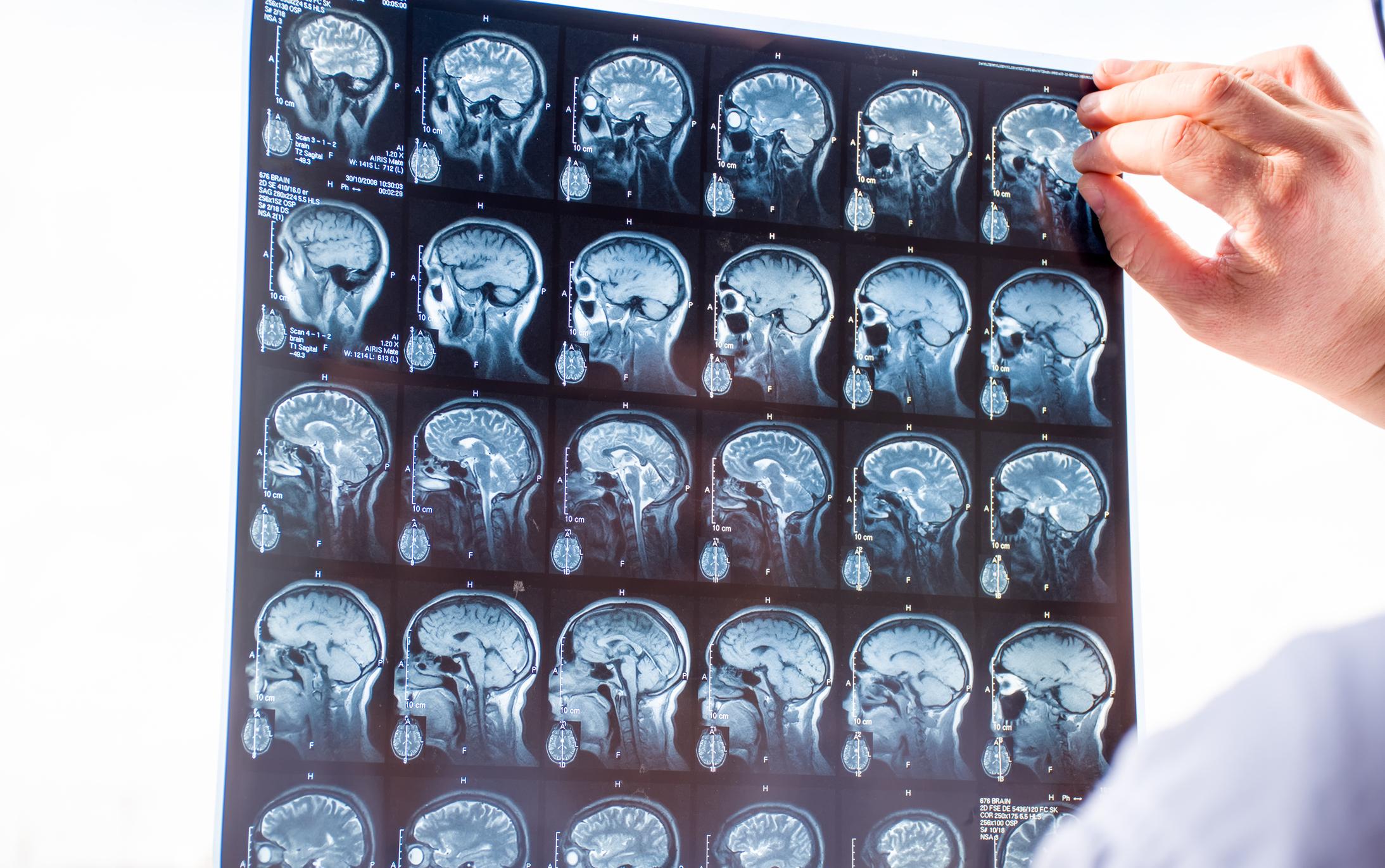Epilepsy is a frequent neurological disease. But it is still the subject of prejudices and taboos.

- Epilepsy is a chronic neurological disease, the causes of which can be multiple.
- It is characterized by crises, which can be impressive.
- The disease can disrupt the daily life of people affected, but it has no impact on their capacities.
Monday, February 10 is International Epilepsy Day. For several years, the second Monday in February has been devoted to the prevention of the disease in more than 140 countries. The goal is to “aware of the public about this insufficiently known neurological disease “underlines the association French epilepsy. It is still sometimes the subject of prejudice or taboos.
Epilepsy attacks: a sometimes impressive symptom of the disease
Of neurological origin, epilepsy is a chronic pathology. Its causes are multiple: lesion, brain malformation, stroke, genetic origin, etc. It is characterized by crises, linked to a “Sudden and transient disruption of the electrical activity of the brain “underlines Epilepsie France. But these crises do not all manifest in the same way, and not all are concluded. “”Epilepsy can then be expressed by visible signs (tremors, tingling, involuntary movements, muscle rigidity, falls …) or by not very visible, even invisible signs (ruptures of contacts (absences), memory disorders, concentration difficulties, hearing or visual hallucinations …) “develops the association.
When a convulsive crisis occurs, the entourage can be helpless. Epilepsy France gives several advice to witnesses to a crisis: the person should only be moved if they are in immediate danger, it is not necessary to hinder their movements but put it in the lateral security position. If the crisis lasts more than 5 minutes, if the person is injured, or if crises follow one another without return to normal, you must call the firefighters. “”Once the crisis has passed, comfort the victim, let her recover, stay with him because she can stay confused a certain time and be disoriented “warns the organization.
Can a person really swallow their language in the event of an epilepsy crisis?
For a long time, a false idea has persisted: that that an epileptic person may swallow his language in the event of a crisis. “”Anatomically, it is impossible to swallow your tongue because it is retained by a brake “recalls Epilepsie France. It is important not to put anything in a person’s mouth in crisis: they may injure or injure you. Putting fingers in a person’s mouth in crisis can trigger vomiting, with potentially serious consequences if the person swallows this reflux.

Epilepsy: a handicap often invisible to variable consequences
These crises can occur at any time, unpredictably. Thus, they can have consequences on the daily lives of the people concerned. Epilepsy France notably evokes the case of children and their education. “”The route can be complicated when crises are frequent. Epilepsies that are expressed by contact breaks called ‘absences’ mainly affect children and adolescents. (…) Then there has been resumed ongoing activity as if nothing had happened, while the person has been literally disconnected. This is why the problems of concentration and memorization are frequent. “
But the disease has no consequences on the intellectual or physical capacities of a person. It may sometimes require time adjustments or working conditions within the framework of professional life. “”However, many people with epilepsy give the impression that they apparently have no problem and because of the invisibility of their disease, they are misunderstood, sometimes considered to be lazy, simulators“, observes the association. In France, 700,000 people are concerned.

















